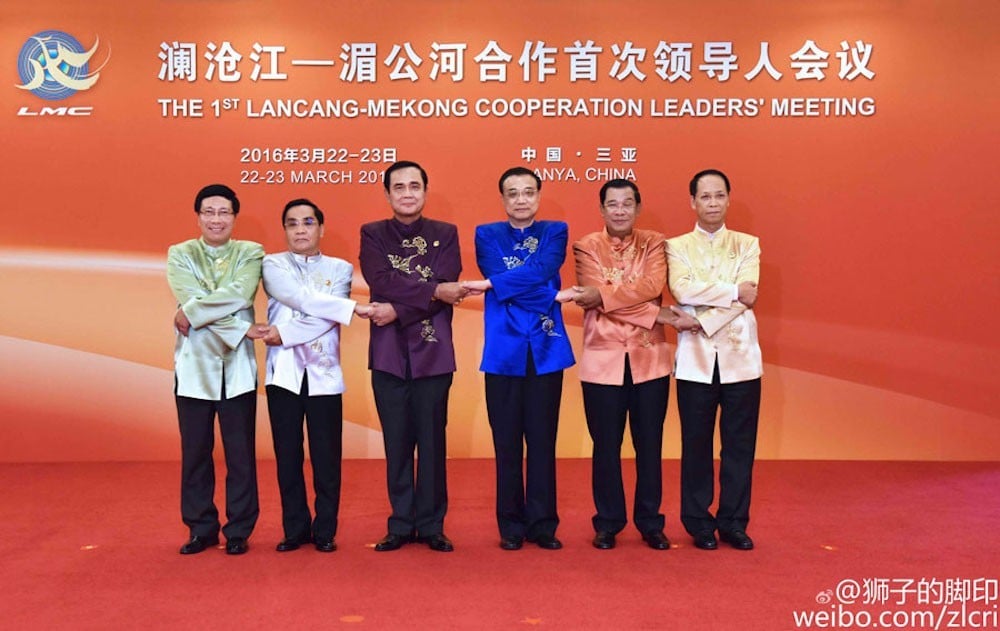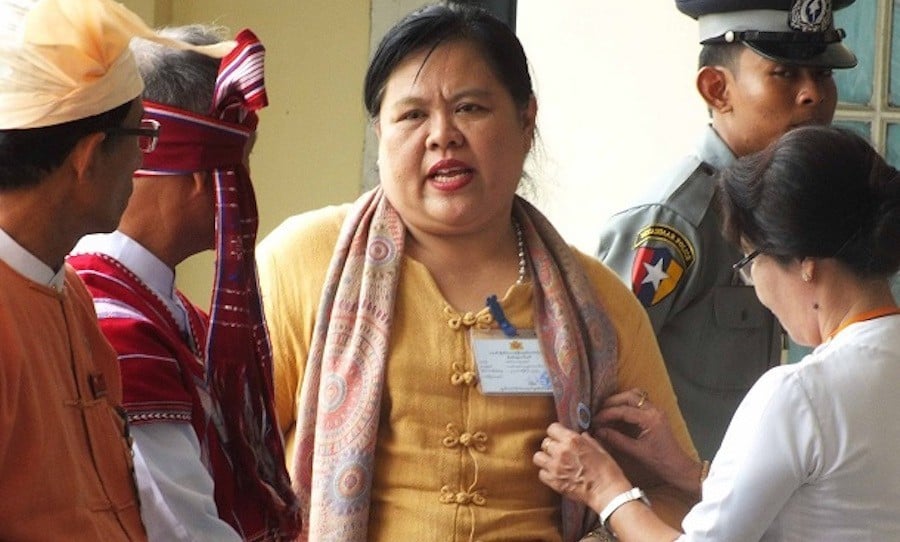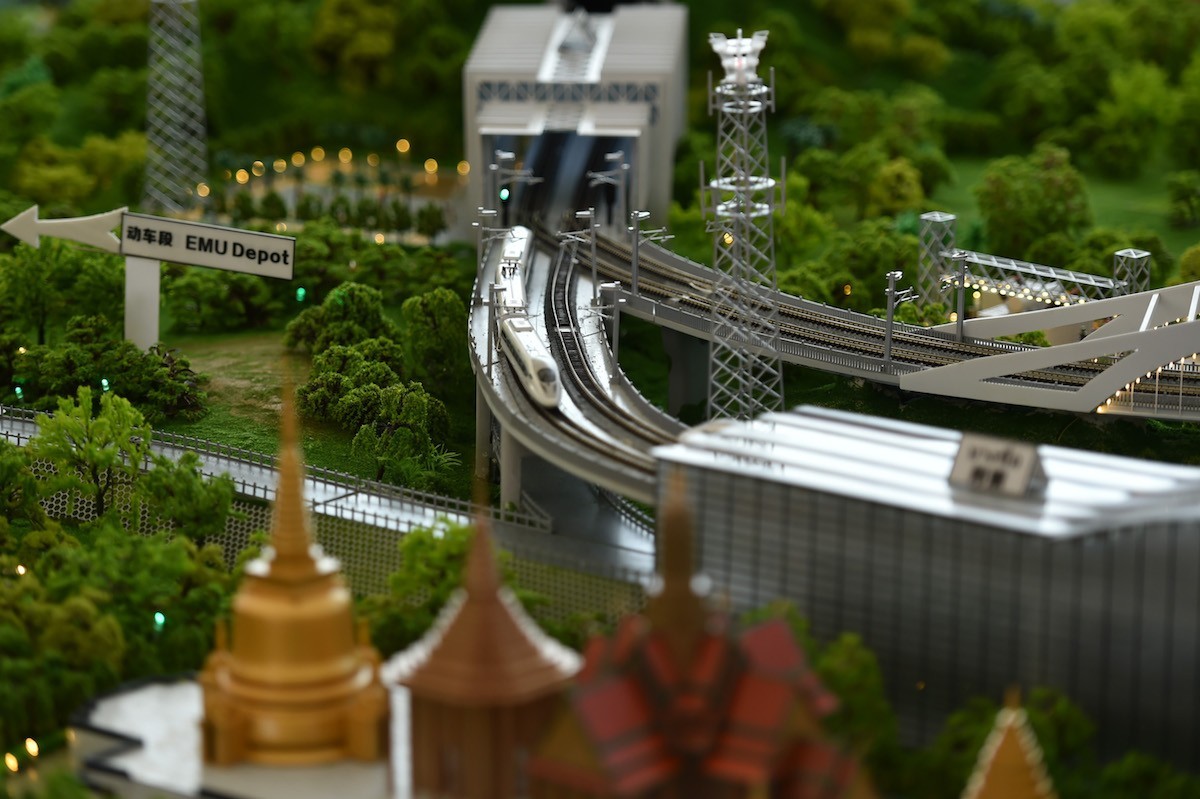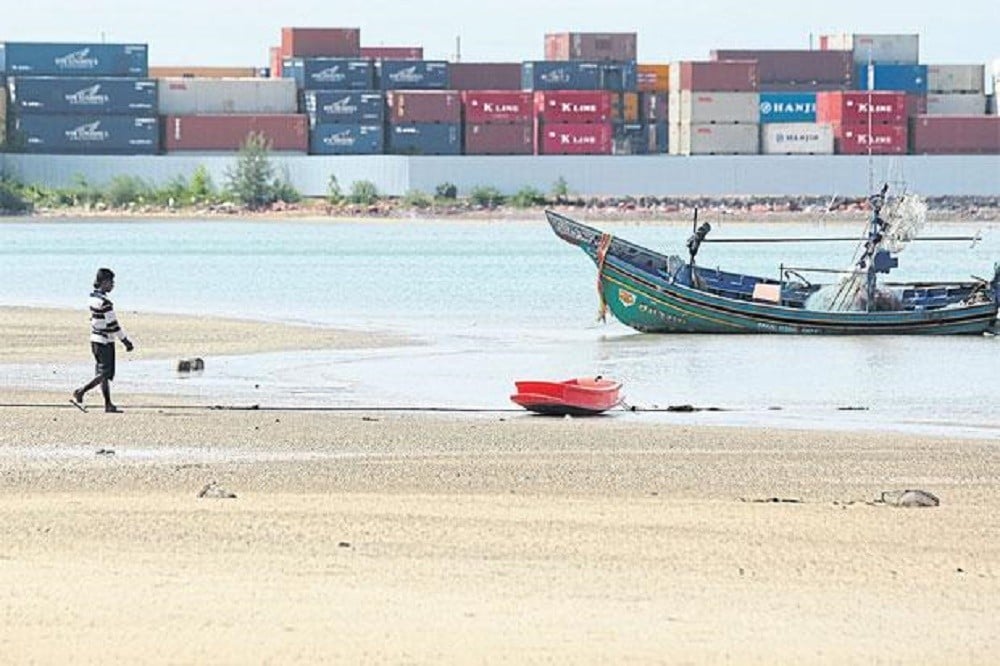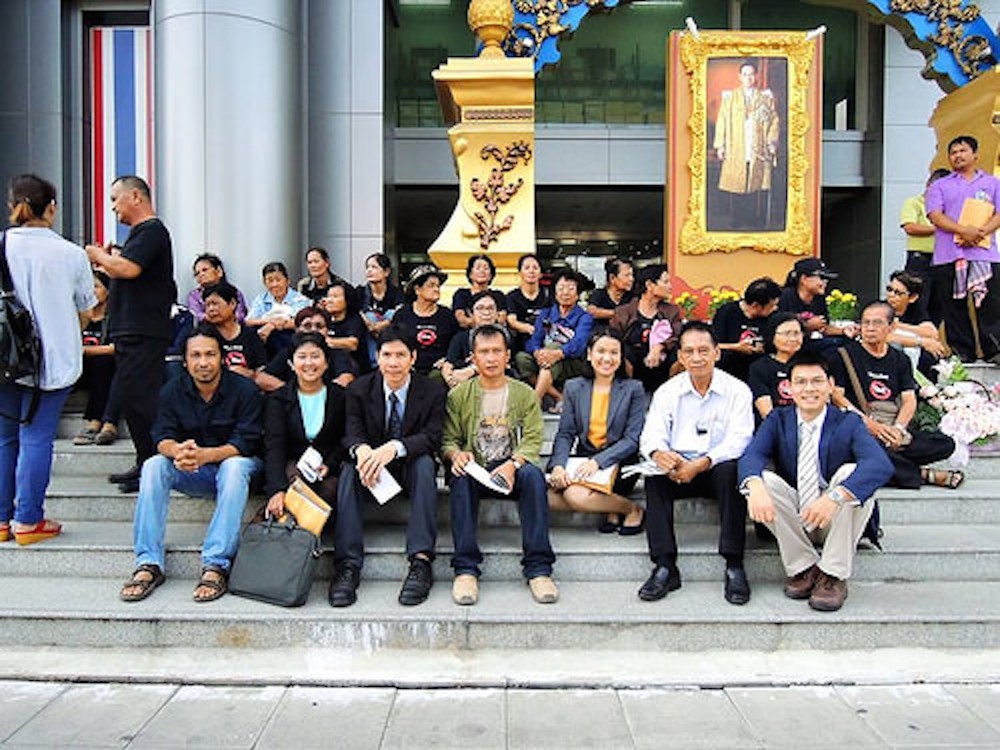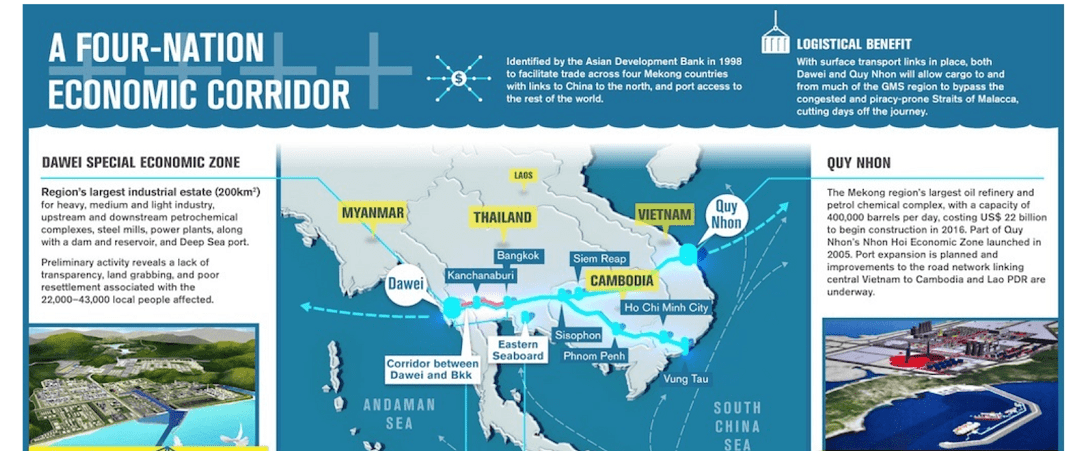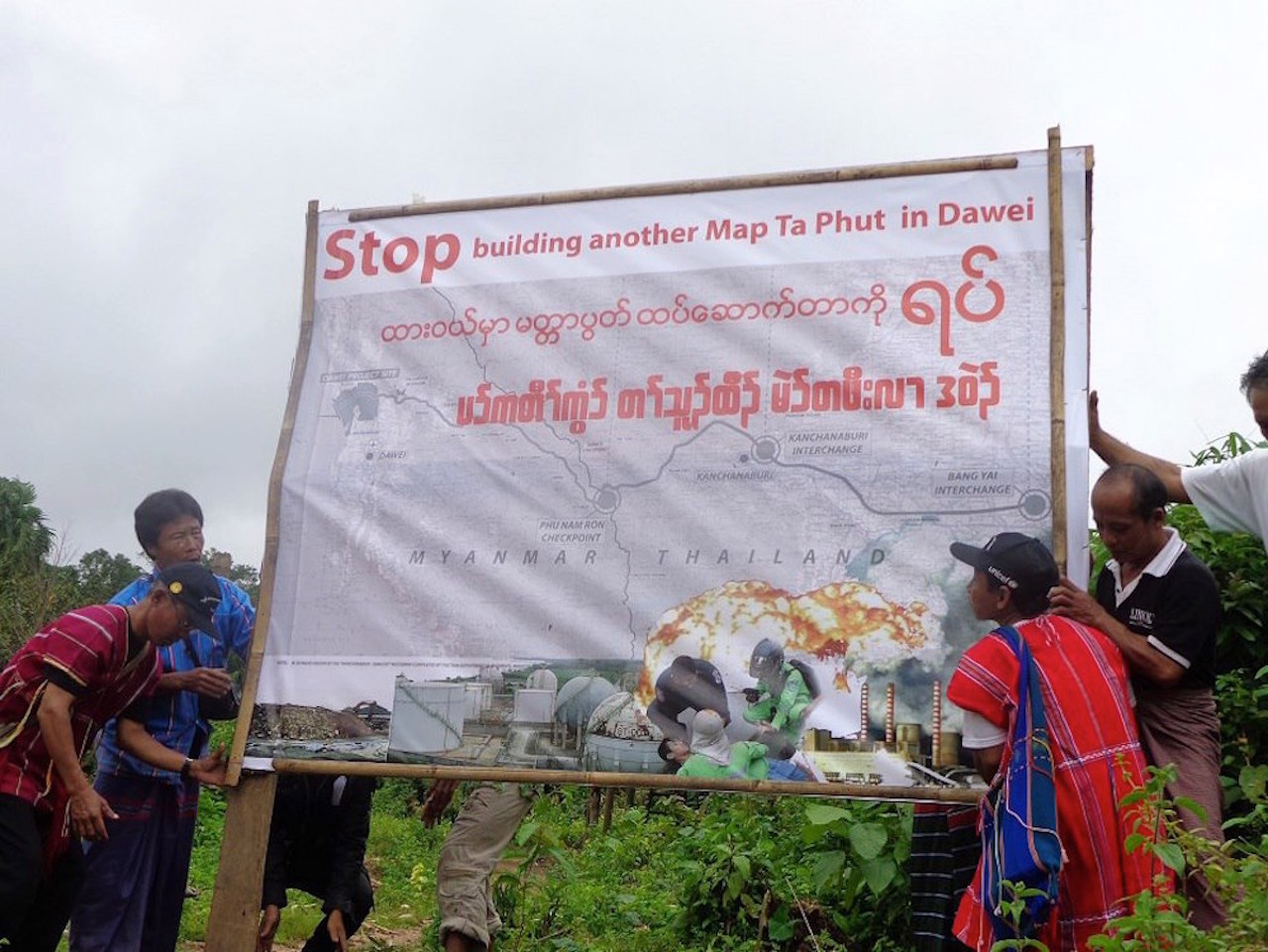A new word-Lancang-Mekong River cooperation was added into the Chinese diplomatic dictionary last year. This morning, the Foreign Ministry website released the information that the first leaders’ meeting on Lancang-Mekong River cooperation will be held in Sanya, Hainan Province. Compared with many serious diplomatic words, “Lancang-Mekong” is down-to-earth from the beginning and brings to mind a popular food “blueberry”.. What is Lancang-Mekong River cooperation? What does it do? Who is it intended for? How does it benefit people’s lives? Now, let us get close to and understand Lancang-Mekong cooperation and thus taste this “blueberry”.
1.What is Lancang-Mekong River cooperation?
2.What has the Lancang-Mekong River cooperation done?
3. What is the aim of the Lancang-Mekong River cooperation?
4. What will Lancang-Mekong River cooperation do?
5. What will the future of Lancang-Mekong River cooperation look like?


